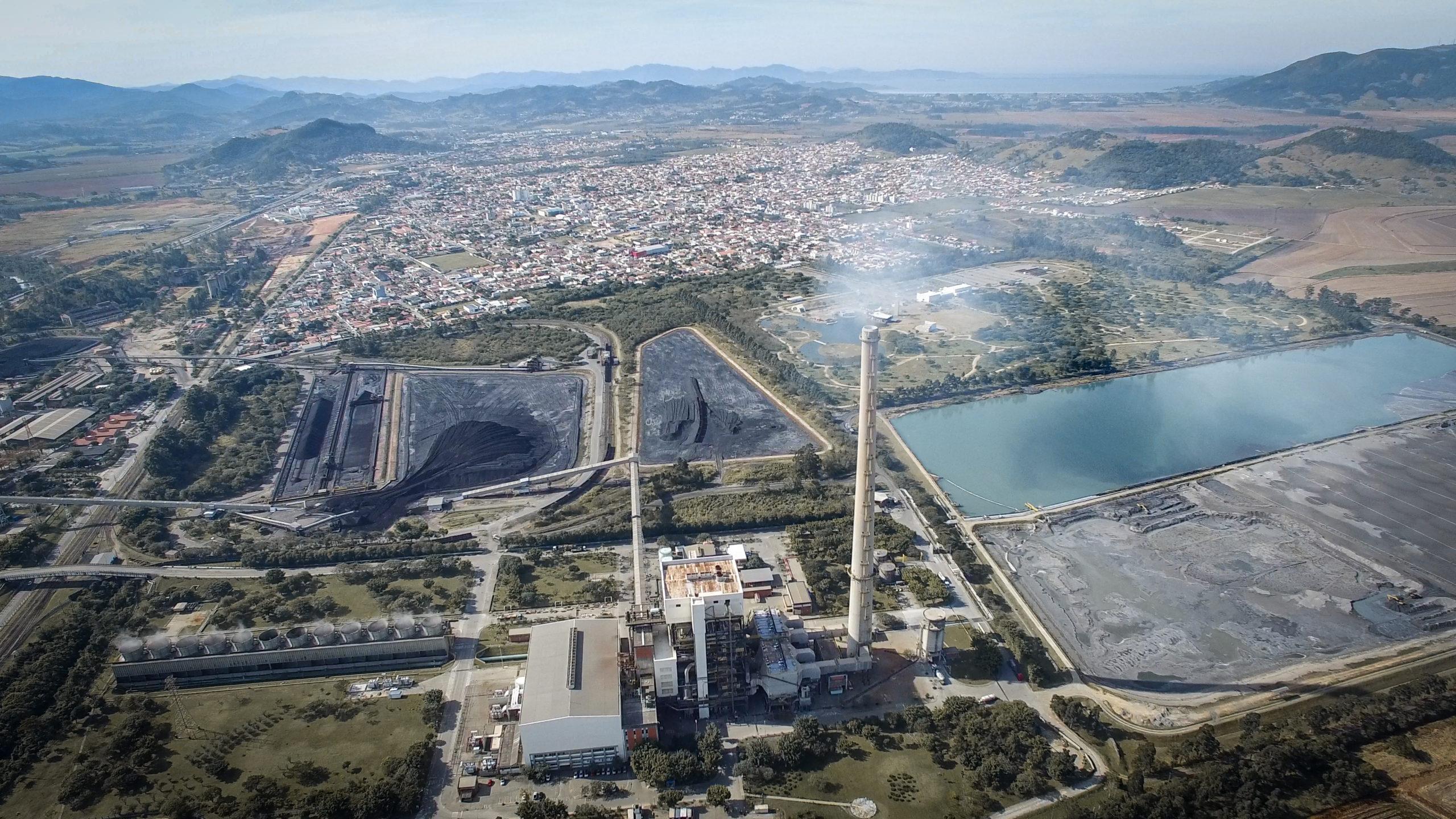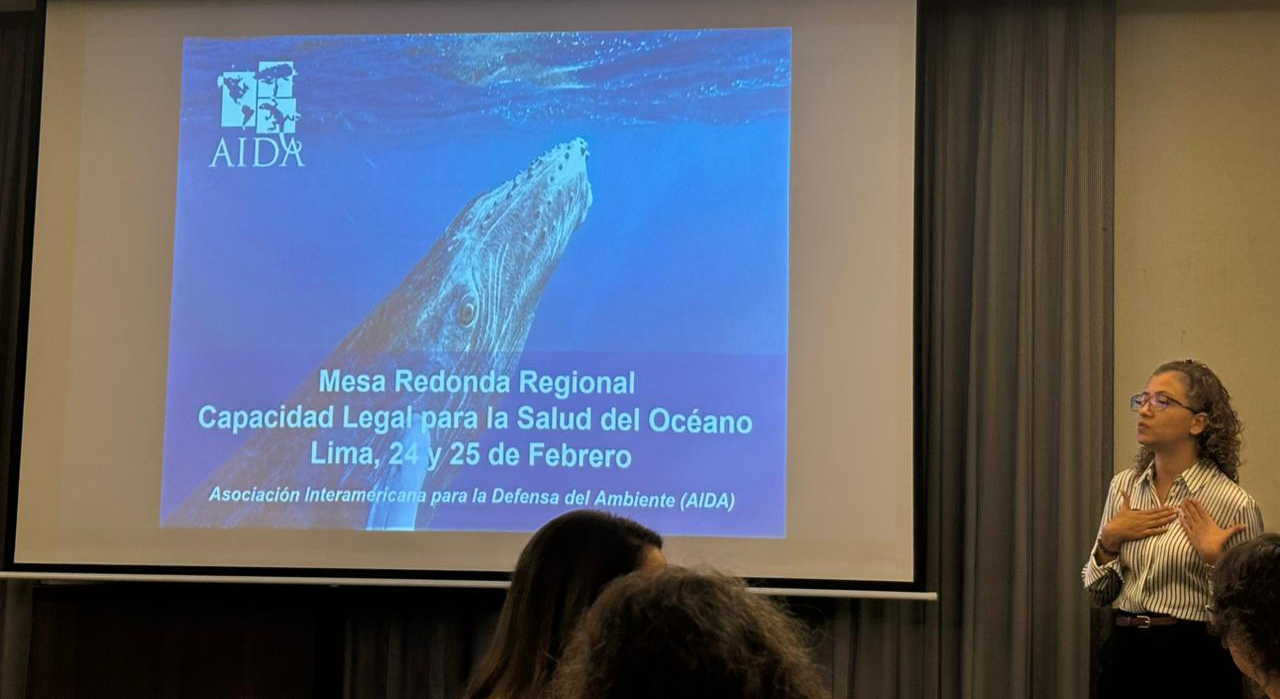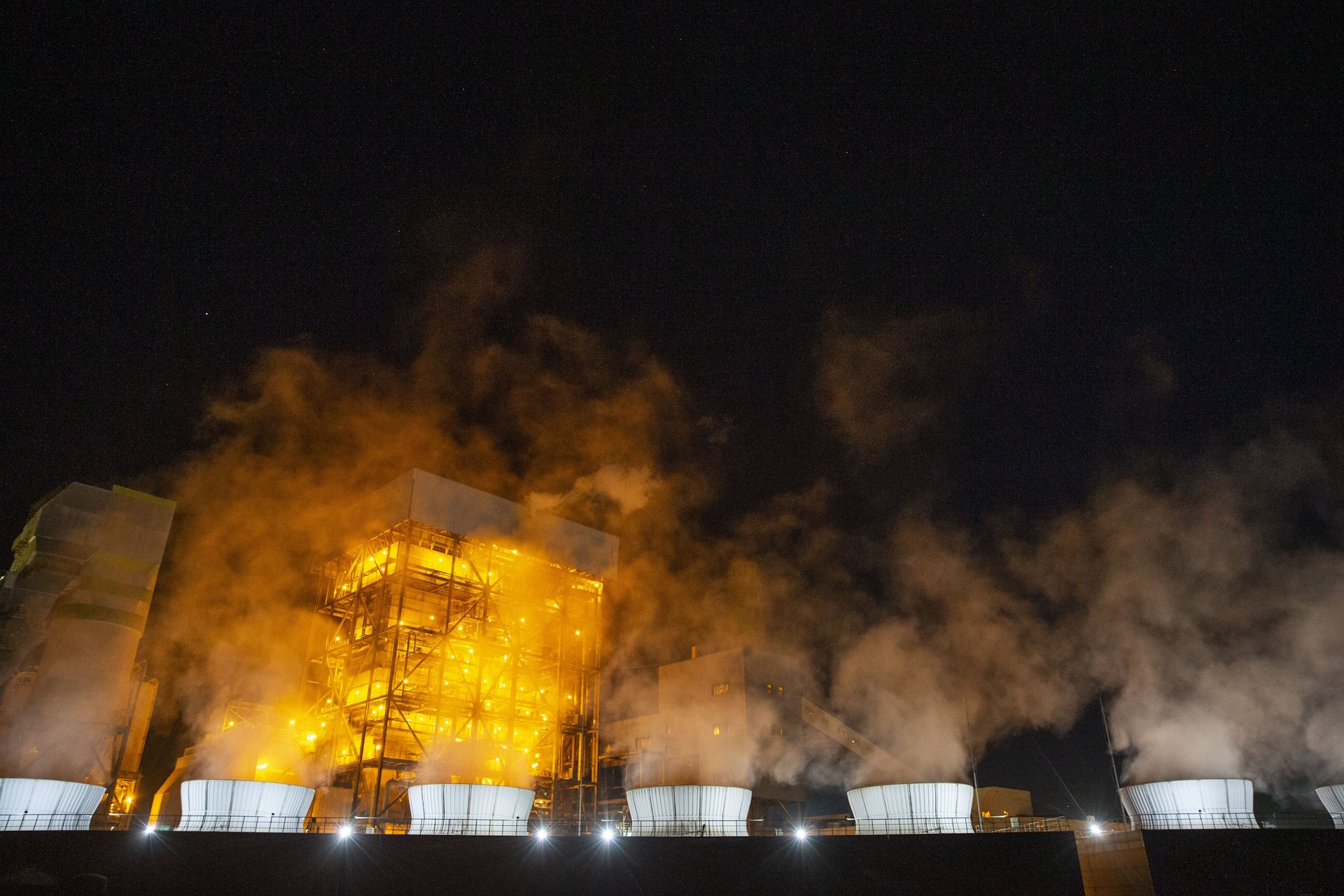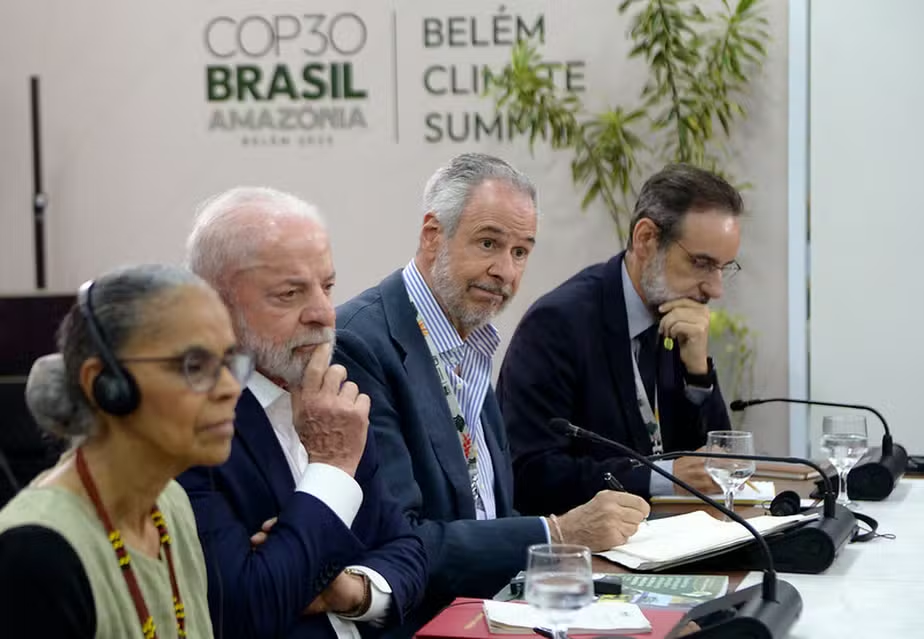In a technical analysis, the Ministry of the Environment expressed serious concerns regarding Law No. 14,299, known for creating the controversial “Just Energy Transition Program (TEJ).” While this law has the stated objective in its name to promote energy transition, experts from the Ministry warn that it might be acting in a contradictory manner by granting subsidies to coal mining in Santa Catarina, which ultimately compromises environmental goals and global agreements.
The Background:
National Law No. 14,299, dated January 5, 2022, became known for establishing the “TEJ,” a program intended to promote a change in the country’s energy matrix, but it’s not quite that way. Upon delving into the analysis of this law, the Ministry of the Environment identified that some of its provisions benefit energy production from coal, a highly polluting resource.
A Critical View:
The political parties Rede Sustentabilidade, PSOL, and PSB, along with the ARAYARA Institute, questioned the constitutionality of Articles 1 to 7 of the aforementioned law through a Direct Action of Unconstitutionality in the Supreme Federal Court (STF). The argument presented is that incentives for coal-based energy production included in the law could hinder efforts to reduce greenhouse gas emissions and achieve global goals, such as those defined in the Paris Agreement, among other issues.
The Ministry’s Alert:
In a thorough technical analysis, the Ministry of Environment and Climate Change (MMA) presented its view on the matter in response to an inquiry from the STF. It was highlighted that the granting of subsidies to coal mining through the Jorge Lacerda Thermal Complex (CTJL) might be conflicting with the principles of public administration (impartiality), and the law could create an imbalance in energy transition, favoring a polluting energy source over renewables.
Impacts on Global Commitments:
Beyond domestic implications, the MMA emphasized that the provisions of the law could contradict global commitments, such as the Paris Agreement and the Glasgow Pact. These international agreements, signed by Brazil, seek commitments from countries to take urgent measures to combat climate change, including reducing greenhouse gas emissions. Promoting energy from coal, one of the world’s major carbon emitters, goes against these objectives, on the contrary.
The Future at Stake:
While the Ministry of the Environment’s technical analysis doesn’t determine the final outcome of the issue, it sheds light on the delicate balance between cleaning up the energy matrix and economic interests. The discussion around Law No. 14,299 highlights the need to carefully consider the country’s energy and environmental policies, considering short-term and long-term impacts, to establish a genuine just energy transition program. This federal law, originating from a state law in Santa Catarina, was initially intended to provide subsidies and prolong the exploration and burning of coal, which cannot sustain profitable private operations without affecting the energy bills of Brazilians.
Supreme Court’s Decision:
The analysis and final decision of Direct Action of Unconstitutionality No. 7,095 will rest with the STF. The court must consider not only the arguments of the involved parties but also such technical analyses as a basis.
A Call to Action:
As the discussion about Law No. 14,299 unfolds in the Supreme Federal Court, a call to action is heard: it’s time to take measures that steer the country towards a path of clean and sustainable energy. The adoption of renewable energy sources will not only contribute to environmental preservation but also bring economic, social, and health benefits to all Brazilians. All of this needs to be formulated in the form of a just transition program that leaves no one behind, solving issues like the future livelihood of workers in exploitation areas.
The Future is in Our Hands:
The debate surrounding this law reminds us of collective responsibility, especially of the legislative and executive branches, to shape the country’s energy future. The challenge of moving away from coal is an essential step for an exemplary Brazil in the eyes of the world. Hope for a sustainable future remains alive, fueling the quest for solutions that preserve important natural resources, such as water, and benefit future generations.
















